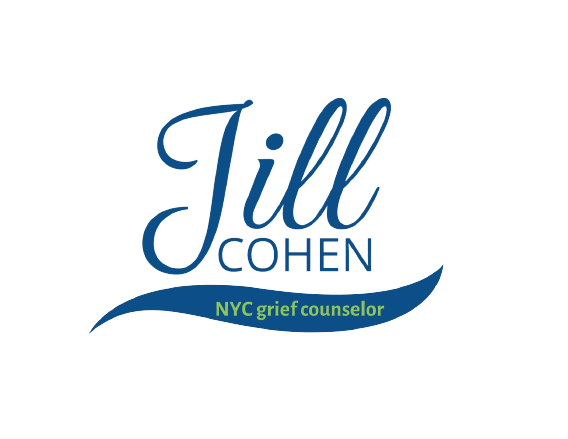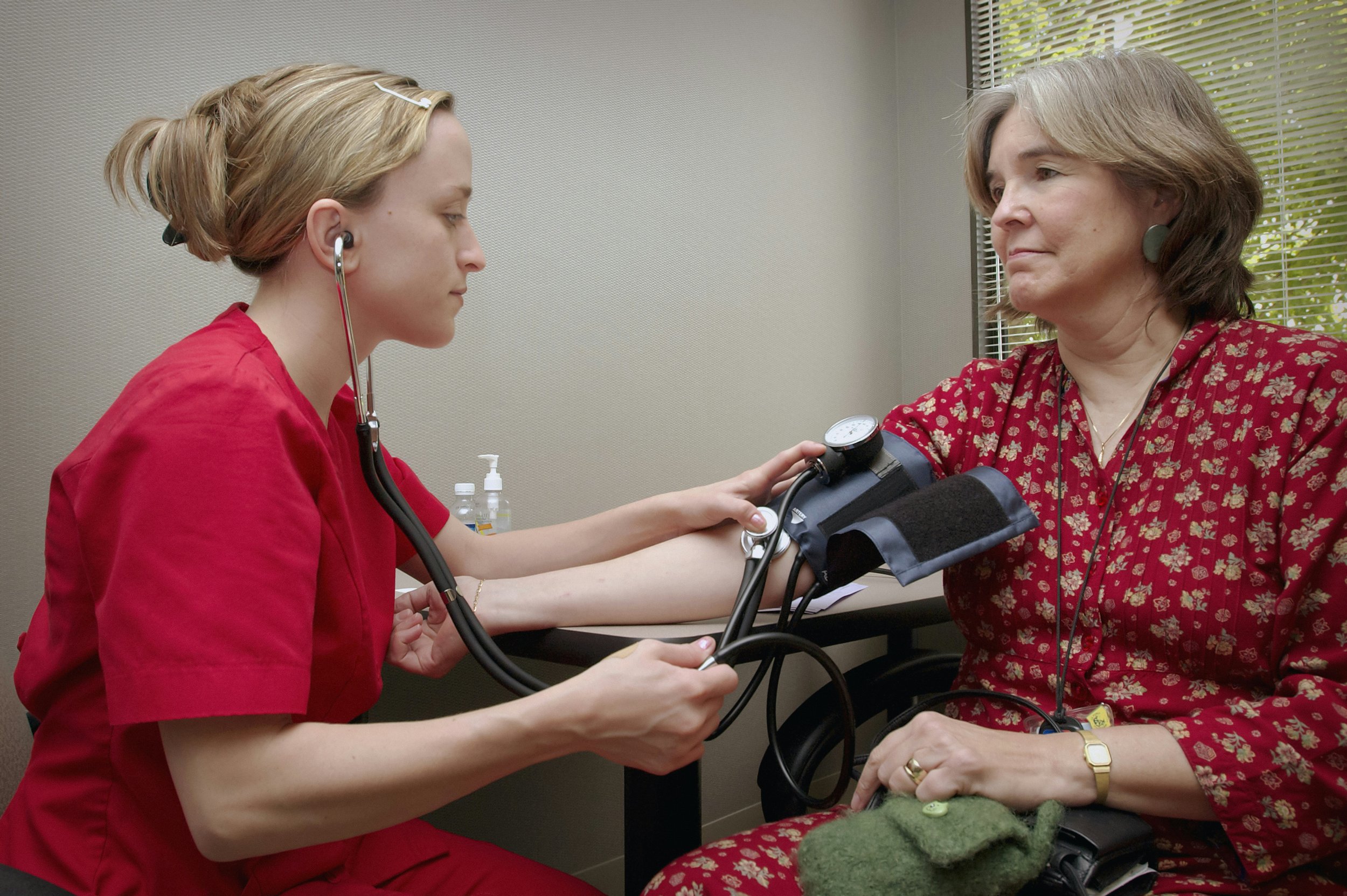Can Grief Make You Sick? It Sure Can.
5 Minute Read
Can Grief Affect Your Health?
Grief can create physical illness. And it’s real. If you’re in the process of grieving the death of a loved one and you find that you’re not feeling well, you’re not just imagining your symptoms.
They are real.
Grief manifests itself in the body in so many ways. After the death of a loved one, words like 'heartbroken' or 'hurt' are regularly used to describe feelings about such a loss.
Did you know that 'Heartsarnes', (which means 'grief' in Old English) literally translates as “heart soreness”?
So, it just proves what we already know. Grief is quite often associated with physical pain, in addition to the mental pain that we are familiar with.
What Does Grief Do to Your Body?
Here are just a few of the ways in which grief can affect your body:
1. An irregular heartbeat
Recent research suggests that grief can really break your heart. The observational study of 88,6000 people, published in the Open Heart journal, found those who lose a spouse or partner are more likely to develop an irregular heartbeat, particularly if they're younger than 60 years of age or the loved one died unexpectedly.
The risk of atrial fibrillation (a quivering heartbeat) was 41% higher among people grieving the death of a partner. The effects were greatest 8-14 days after a death and only eased completely after a year.
2. Decreased immunity
Another piece of recent research in the journal Age and Immunity found that among the elderly, the recent loss of a loved one could leave a person more susceptible to infectious disease. The older mourners (with an average age of 72) were found to have reduced function of the neutrophils, a white blood cell used to fight off infections.
The researchers say that hormonal supplements or similar products could be used to help people at an increased risk of stress, and that a strong network of family and friends are needed to manage the risks.
3. Feelings of anxiety
According to the British Psychological Society, physical ill health is a symptom of grief and can manifest itself in to anxiety-like symptoms. In the case of sudden death, physical affects can be related to trauma and stress, such as a churning stomach, a racing heart, shakes and being hypersensitive to noise. Nightmares are also common, as are weight changes and tiredness.
Here are a few articles for you to click on to learn more about the physical conditions that grief creates in your body.
And, here’s what Harvard Health has to say about grief and illness:
How Can You Heal Your Body as You Heal Your Grief?
Here is What You Can Do to Help Yourself:
Pay attention to your body and your healthfulness or lack of good health. Monitor yourself.
Don’t bottle up your feelings. Cry if you need or want to. Let it out. Scream if you’re angry, preferably in a place where you are not going to disturb others.
Take time out for yourself. (Time to be alone may be necessary).
Be open about the loved one who is deceased. Talk about him/her.
Share memories - both good and those not as good. It’s all what makes up the relationship. And it’s what sometimes need to be released.
Try to eat as well as you can, to keep your immune system working even while you are stressed and sad.
Try to move around, because inactivity can wreak havoc on your body too.
Try some relaxation techniques to calm your body and mind if you are over-anxious.
What Can Help Your Grief?
The bottom line is that grief symptoms are real and they can hurt.
Don’t hesitate to talk to your primary care doctor about these symptoms.
A doctor may have some suggestions that can provide you some relief from stomach aches, headaches, respiratory issues and backaches that may arise.
In some cases, medication for physical or mental health symptoms may be helpful. On a case-by-case basis, in my grief counseling practice, I may refer a client to a psychiatrist or psychopharmacologist, to discuss the possibility of anti-anxiety or anti-depressant medications, or even sleep aids.
Consider reaching out to a professional, such as Grief Counselor, or a Rabbi, Priest, Reverend, or Minister. They will be able to suggest some coping strategies to help you regain your sense of self and some control over your life, to help you ultimately move forward.
In this time of experiencing the death of a loved one, asking for support and expert help can be the smartest decision you make. Take action before grief makes you sicker.
To see if you would benefit from grief counseling, read through the free handout provided below, or schedule a complimentary phone call by clicking below to see if you’d like to start grief counseling.





